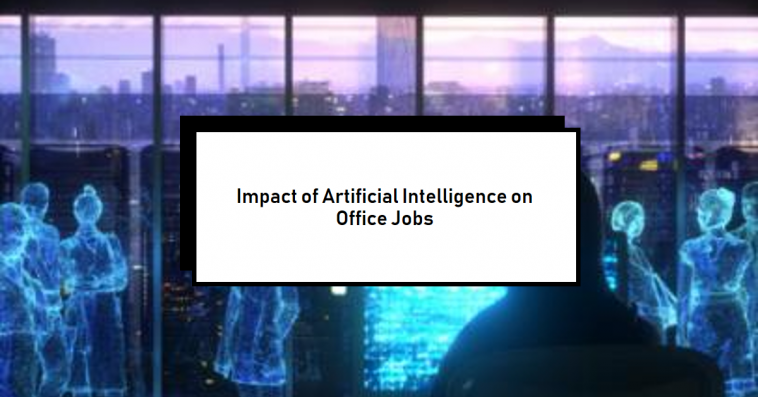The potential for artificial intelligence (AI) to disrupt almost 40% of office jobs was highlighted by the International Monetary Fund (IMF) in a recent analysis. This article explores the IMF’s findings and the worries that Managing Director Kristalina Georgieva had about the effects of AI adoption on a large scale.
The Concerns of Kristalina Georgieva
Current Landscape
Georgieva voices apprehension about the likelihood of AI exacerbating existing inequalities. She emphasizes the need for proactive policymaking to counter this trend, as unchecked AI deployment may intensify social tensions and disparities.
Discussion and Inspection
The quick development of AI has sparked heated discussions and raised awareness of both its advantages and disadvantages. This section explores the complex nature of these conversations while taking employment implications into account.
IMF’s Analysis of AI’s Influence on Employment
Global Impact
The IMF’s analysis predicts a more pronounced influence of AI on employment in advanced economies, projecting an estimated 60% impact on jobs. Delve into the specifics, as approximately 50% of these cases anticipate enhanced productivity, while the rest face potential job displacement.
Labor Dynamics Shift
AI’s integration could lead to a shift in labor dynamics, with machines taking on roles traditionally performed by humans. This section explores the potential consequences of reduced demand for human workers, potential wage impacts, and instances of job displacement.
Regional Disparities in AI Impact
Advanced Economies vs. Low-Income Countries
Contrasting the projections, low-income countries are expected to experience a comparatively lower impact, with AI affecting only around 26% of jobs. Understand the reasons behind this discrepancy, including infrastructure and workforce limitations in certain regions.
Ms. Georgieva’s Warning for Low-Income Countries
Georgieva warns that countries lacking the infrastructure or skilled workforces to harness AI benefits may face increased inequality. Explore the potential risks associated with the technology exacerbating disparities among nations.
Alignment with Previous Reports
Goldman Sachs Report
Referencing a 2023 Goldman Sachs report, this section discusses its estimation that AI could potentially replace the equivalent of 300 million full-time jobs. Highlight the report’s acknowledgment of new job opportunities and increased productivity.
Conclusion
List the main ideas and conclusions of the IMF’s analysis of how AI will affect office jobs. End with a call to action for legislators to confront the difficulties presented by AI, weighing the need to mitigate any potential drawbacks against its possible advantages.




